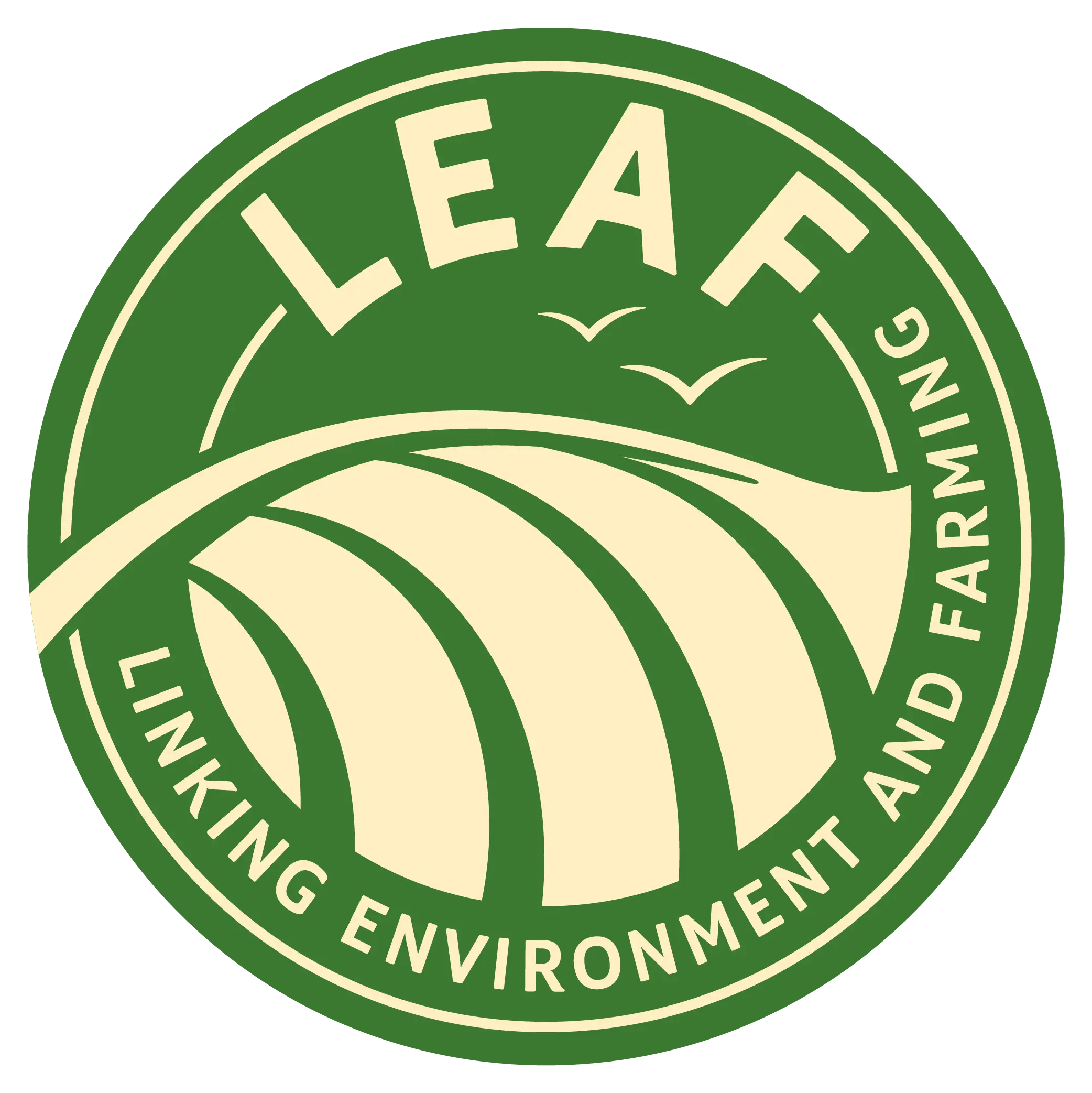- About Integrated Farm Management
- Our LEAF Network of Demonstration Farms & Innovation Centres
- Resources
- LEAF Sustainable Farming Review
- LEAF Endorsed Advisors & Consultants
- Our Projects & Partnerships
- Nature Based Solutions to Climate Change
- Beacons of Excellence
- Resilient & Ready
- Accelerating & Demonstrating the Journey to Net-Zero
Hall Farm, Sutton Estates
Hall Farm is situated in the heart of the picturesque Lincolnshire Wolds in an Area of Outstanding Natural Beauty. The farm is predominantly arable with a herd of Lincoln Red cattle and a ‘flying’ flock of North Country Mule sheep. Amenity woodland and a small commercial shoot are also part of the Estate.
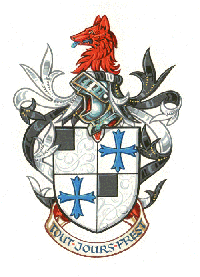
Farmer: Chris Baylis
Address: Stainton-Le-Vale, Market Rasen, Lincolnshire, LN8 6HP
Twitter: @BaylisChris
Member since 1999 and LEAF Demonstration Farm since 2002
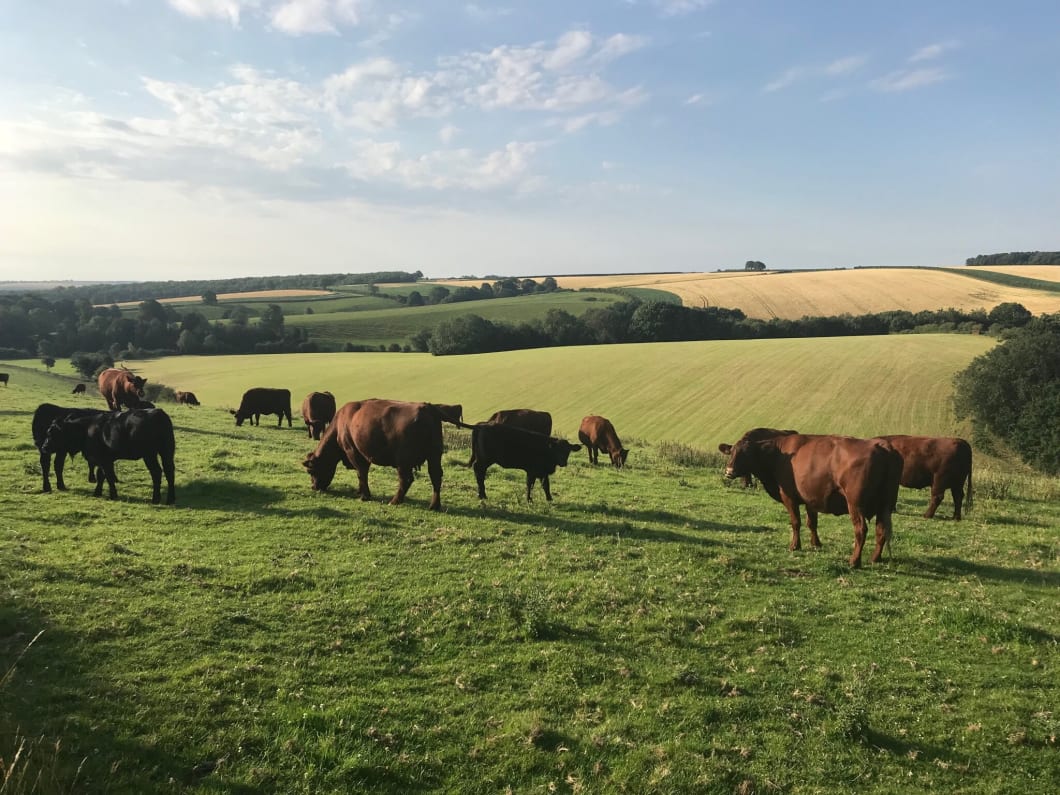
The Farm
Hall Farm is situated in the heart of the Lincolnshire Wolds in an Area of Outstanding Natural Beauty and is predominantly arable with a herd of Lincoln Red cattle and a ‘flying’ flock of North Country Mule sheep. Hall Farm is owned by Sir Richard Sutton Limited; the Sutton family have been landowners for a very long time and ownership of part of the Lincolnshire Estate dates from the 16th Century. The Lincolnshire Estate is approximately 3,600 hectares (8,900 acres) with just over 2,600 hectares under arable crops, 450 hectares of permanent pasture and 550 hectares of Environmental Stewardship. The total Estate spans across a 30 mile radius going as far north as the Humber bank. Soils range from free draining medium chalk loams high up on the Lincolnshire Wolds to low lying, heavy clay soils adjacent to the River Humber. Amenity woodland and a small commercial shoot are also part of the Estate.
The Estate’s arable enterprise grows a range of crops such as wheat, barley, oilseed rape, beans and sugar beet over 2,600 hectares (6,424 acres). Cereals, oilseeds and pulses are sold through grain merchants for use as human consumption and animal feed, with direct end user contracts to add a premium where possible. The sugar beet is grown on contract to British Sugar for use throughout their portfolio of products. Fertilisers are applied at variable rates across all fields and plant protection products are only used when suitable cultural methods would not suffice.
A beef suckler herd of 120 Lincoln Red cattle was established in 2001. Recently, the herd has been crossed with an Aberdeen Angus bull obtaining a premium contract supplying Waitrose. The cattle are fed on the permanent pasture around the Estate in the summer months and housed throughout the winter; they are fed a diet of silage and cereal. Hall Farm also has a ‘flying’ flock of 1,400 North Country Mule sheep. The sheep are purchased at nine months of age as ewe lambs and kept for twelve months before being sold as breeding sheep the following autumn. The sheep remain out on the grassland all year round, clearing the pastures following grazing by cattle. Such an integrated system has enhanced the utilisation of the grassland on the Estate and provides a clean grazing system for both types of grazing animal. The implementation of an integrated grassland management system has reduced reliance upon medicines.
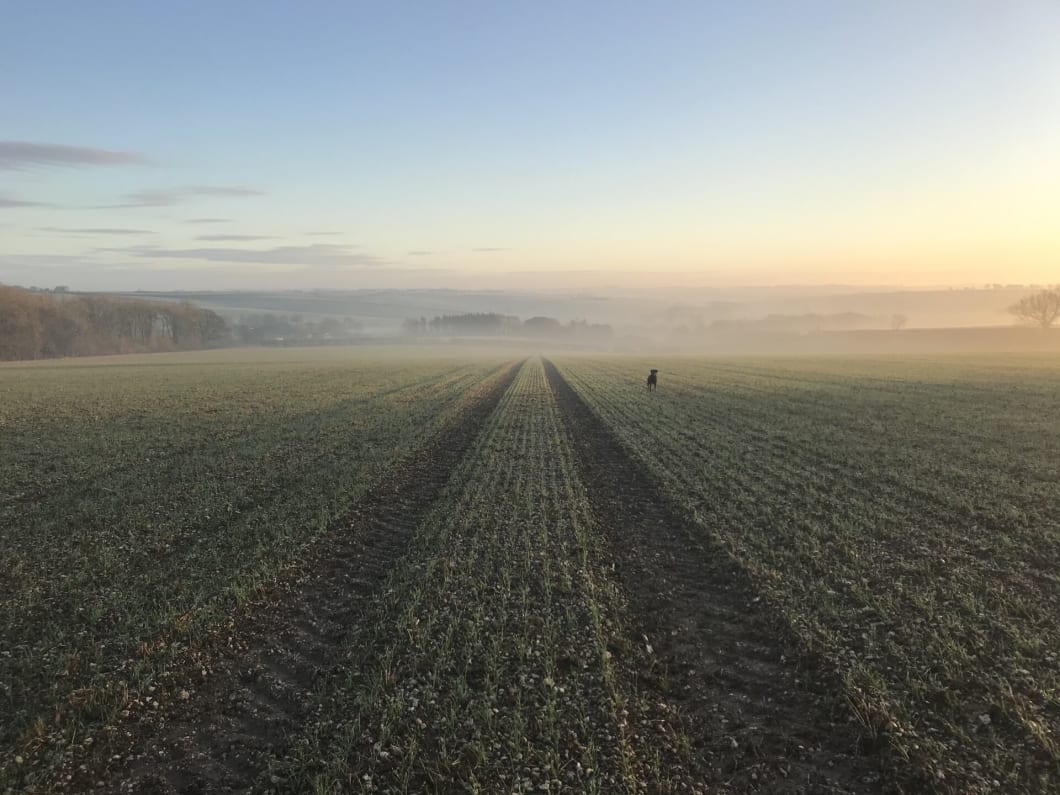
Activities
Current cultivation practice revolve around the use of direct drilling, combined strip tillage, minimal cultivations and rotational ploughing. The use of cover cropping prior to the spring planting of cereals has also been recently incorporated. The overall objective is to reduce reliance upon chemistry through a more targeted use of cultural control and nutrition.
The Estate has been part of Environmental Stewardship schemes since 2000. Since that time, 200 hectares of arable land have been returned to grassland, archaeological sites have been protected, a lost parkland has been re-created, 164 hectares of buffer strips have been created on arable land along with 25 hectares of pollen and nectar flower mixtures and 10 hectares of wild bird mixes. Barn owl nesting boxes, both indoor and outdoor, have been erected with the birds being monitored every year. 1,150 hectares of land have been dedicated to Grey Partridge recovery and the results are included in the Game & Wildlife Conservation Trust’s national database. Working alongside the Lincolnshire Chalk Streams, wild brown trout have been encouraged to breed in the Waithe Beck, which runs through Hall Farm; ponds have also been allowed to naturally re-generate to encourage wildlife. There are also 125 hectares of small woods dotted around the Estate which are managed for their amenity, landscape and wildlife value.
Hall Farm has opened for LEAF Open Farm Sunday since 2007. The village church and the local W.I. get involved with the event to raise funds for their causes, along with local food producers. The Estate has also hosted the local church Hog Roast for a number of years. Through environmental stewardship several permissive footpaths have been put in place creating circular walks around several surrounding villages.
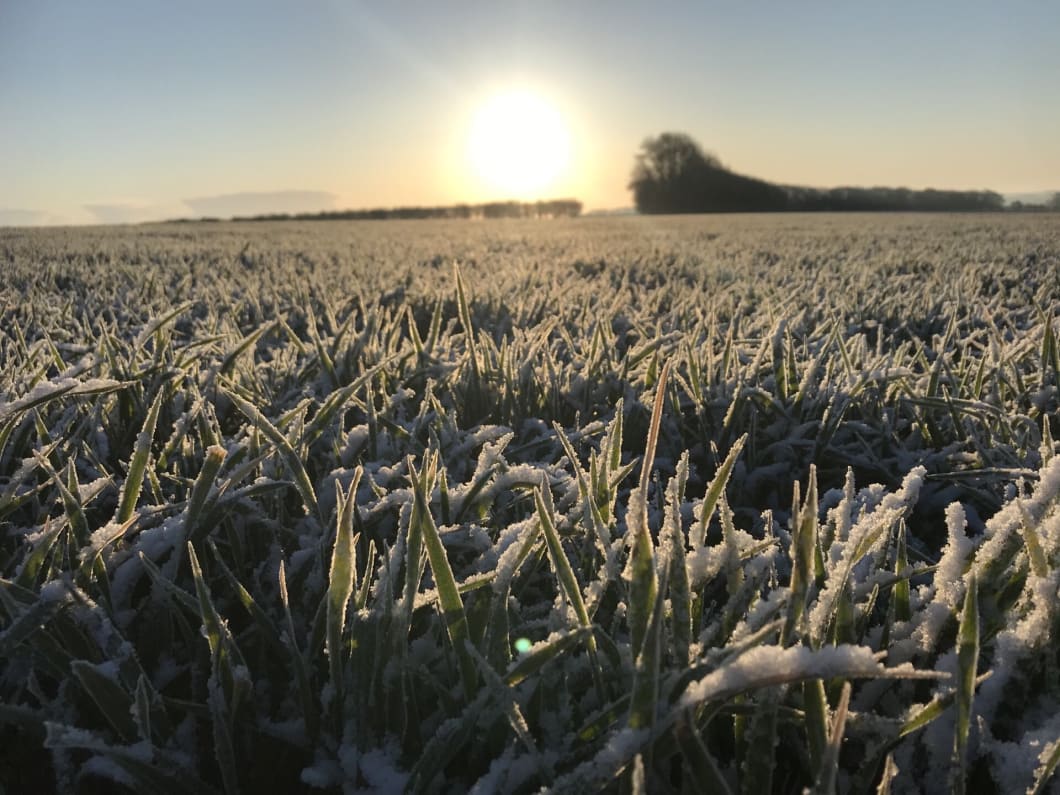
Visit this farm
Click here to arrange a visit to this LEAF Demonstration Farm.
